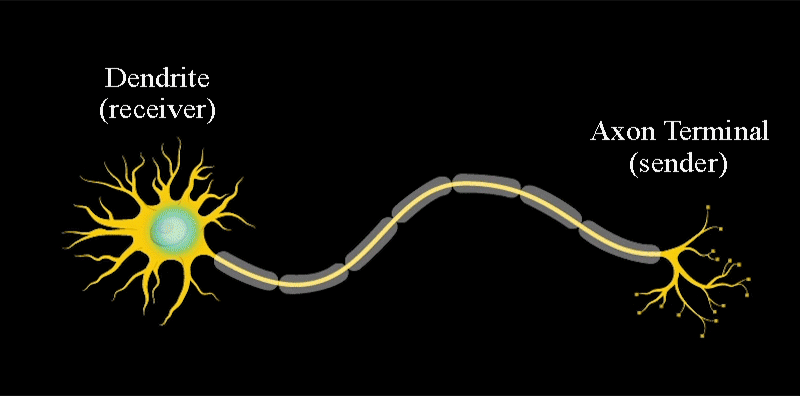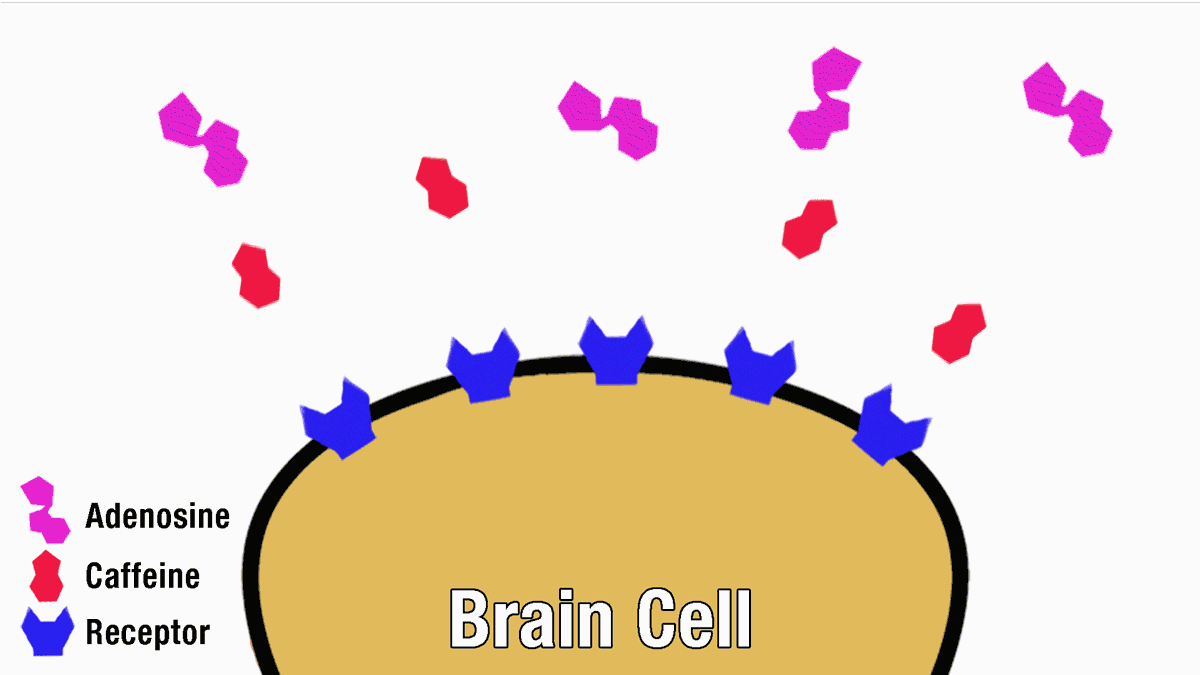Understanding Caffeine: The Science Behind Your Daily Boost
Written on
Chapter 1: The Role of Caffeine in Our Lives
Caffeine is widely recognized as a stimulant that many people rely on to enhance their energy levels. It invigorates us, accelerates our heart rate, and provides a quick boost of energy. However, it can also lead to feelings of jitteriness, crashes, and even dependency. A common sight is someone in a bad mood before their morning coffee.
But how exactly does caffeine grant that familiar surge of energy? And why does the amount needed to achieve the same effects seem to increase over time?
Adenosine and Its Impact
Caffeine interacts with a neurotransmitter in the brain known as adenosine. This chemical messenger transmits signals between brain cells, informing them to either ‘activate’ or ‘calm down.’ Neurons, or brain cells, are equipped with branches that both receive and transmit these signals.

Adenosine serves as an inhibitory neurotransmitter, signaling cells to reduce their activity. A higher concentration of adenosine correlates with a greater sense of fatigue due to diminished brain cell activity.
Caffeine's Interaction with Adenosine
Caffeine's molecular structure is somewhat similar to that of adenosine, allowing it to bind to adenosine receptors in the brain. When adenosine binds to its receptor, it activates the signal to decrease brain activity, akin to a teacher instructing a noisy class to quiet down.
When caffeine enters your system, it competes with adenosine for these receptors. By binding to them, caffeine blocks adenosine from sending its ‘calm down’ signals, resulting in increased alertness.

This binding mechanism explains why caffeine makes you feel more awake—it effectively sends the opposite signal to your brain cells.
The Energy Surge Explained
When you consume caffeine, the pituitary gland responds to the increased neuronal activity by triggering the sympathetic nervous system, releasing adrenaline into the bloodstream. This hormone is responsible for various physiological changes: it elevates heart rate, raises blood pressure, expands lung capacity, redistributes blood to muscles, and boosts blood sugar levels, all contributing to that recognizable energy surge.
The Caffeine Downturn
However, the invigorating effects of caffeine can lead to a subsequent crash. As caffeine's impact diminishes, adenosine levels continue to rise throughout the day. Once caffeine is metabolized, the increased adenosine floods the receptors, resulting in a stronger ‘be quiet’ signal than usual, which can lead to feelings of fatigue.
How Tolerance Develops
Frequent caffeine consumption can lead to an increase in the number of adenosine receptors. This phenomenon, known as up-regulation, occurs because the brain compensates for the frequent blocking of receptors by creating more. As a result, regular caffeine users may need to consume larger amounts to achieve the same stimulating effects.
Upon reducing caffeine intake, the brain gradually eliminates excess receptors, but the duration varies among individuals.
Understanding the Good and Bad of Caffeine
Caffeine can elicit feelings of happiness and calmness due to its influence on dopamine and serotonin, two key neurotransmitters associated with pleasure and mood. However, habitual caffeine consumption can lead to withdrawal symptoms, such as irritability and difficulty concentrating, when levels drop below a certain threshold.
Despite its potential downsides, moderate caffeine consumption has been linked to several health benefits, including reduced risks of certain diseases. As with most things, moderation is essential.
So, while you might be tempted to reach for that coffee, remember that a balanced approach can help you enjoy its benefits without becoming overly reliant on it.
Chapter 2: The Neuroscience of Caffeine
Caffeine's intricate relationship with brain chemistry is fascinating and warrants deeper exploration. Below are two insightful videos that delve into how caffeine affects the brain:
The first video, "How Caffeine Affects the Brain," explains the underlying mechanisms of caffeine's impact on neural activity and mood.
The second video, "2-Minute Neuroscience: Caffeine," offers a concise overview of caffeine's effects on the brain's neurotransmitter systems.